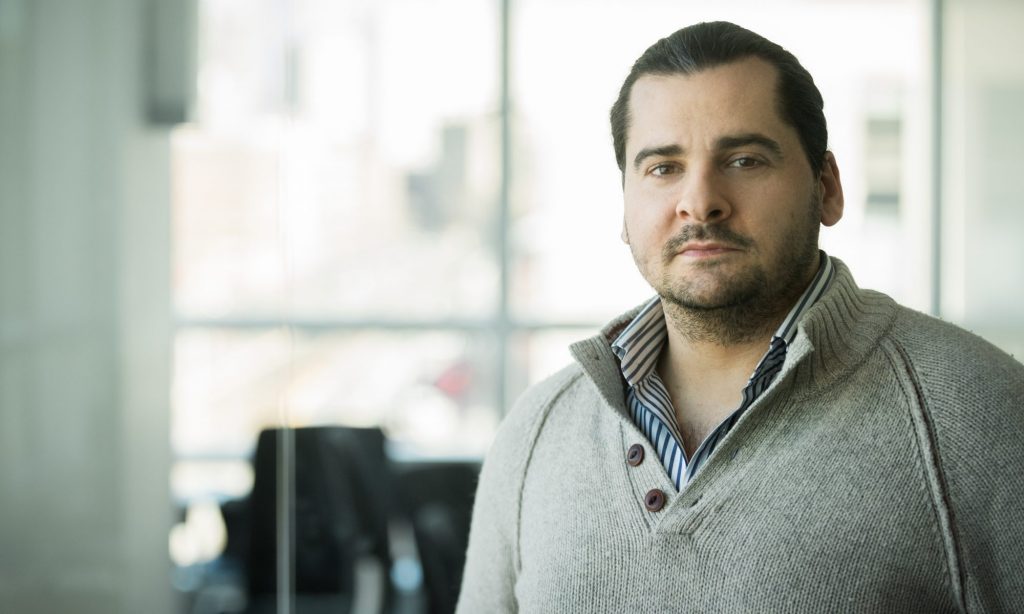
Yesterday, dozens of scientists petitioned the Proceedings of the National Academy of Sciences to “retract a paper on the effectiveness of masks, saying the study has ‘egregious errors’ and contains numerous ‘verifiably false’ statements,” as The New York Times reported. One of those scientists was James Heathers, whose name will likely be familiar to Retraction Watch readers because of his work as a scientific sleuth. We asked him to share his thoughts on why he signed the letter.
Recently, The Lancet retracted a paper critical of the drug hydroxychloroquine in the treatment of COVID. The retraction was requested by three of the paper’s authors, who had requested a copy of the underlying data from the fourth. The data never came. No data, no paper.
The above took a few weeks. To many people, it must have looked like silence. But the entire time, out of the public eye, a furious and detailed global discussion between scientists, statisticians, and epidemiologists about the accuracy of this paper was boiling. Frankly, almost no one believed this paper. The data were too regular. The access that was reported to hospital databases was too unusual. The amount of work done didn’t fit the parameters reported.
It was … “off.” It was obvious. Something was amiss.
Continue reading I agree with your conclusions completely, and your paper is still terrible.